I'm afraid nothing will ever be enough for me again
on reverse culture shock, and the word "enough"
Leading up to March 2020, I spent a year living as an English Teacher in Armenia. I learned the language, and made friends, and spent evenings jogging over red desert hills while the sunset behind Mount Ararat, the mountain that marks the border between Armenia and Turkey.
The following March, I came back to America on 24 hours notice due to the COVID-19 pandemic.
A month later I sat in my car outside of a Rite Aid in Northern Michigan rehearsing the words I needed to say to pick up a prescription for my Grandmother. My mouth went dry. Days before, I’d completed my Armenian Language LPI, a language proficiency exam, over Zoom from America. I’d done so terribly it stung. I knew the language better than that, I just couldn’t choke out the words from the desk in my parent’s house.
The lights in the Rite Aid were too bright, and everything was so neat and colorful in a way that seemed fake, and the rows of cosmetics felt like they stretched on forever, masked people shuffling in and out without making eye contact.
It took me two months to fully realize that I speak English with native fluency and don’t need to rehearse before speaking with strangers.
Two summers ago, I spent months sea kayaking the coast of British Columbia and living out of a tent. The summer before that, I worked as a photography assistant on a National Geographic trip, and spent a month kayaking the Apostle Islands.
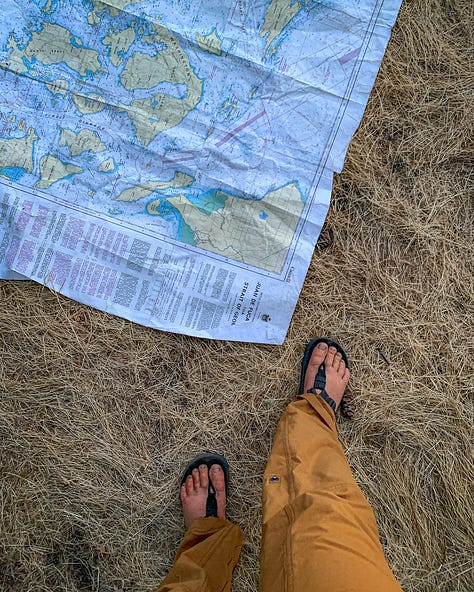
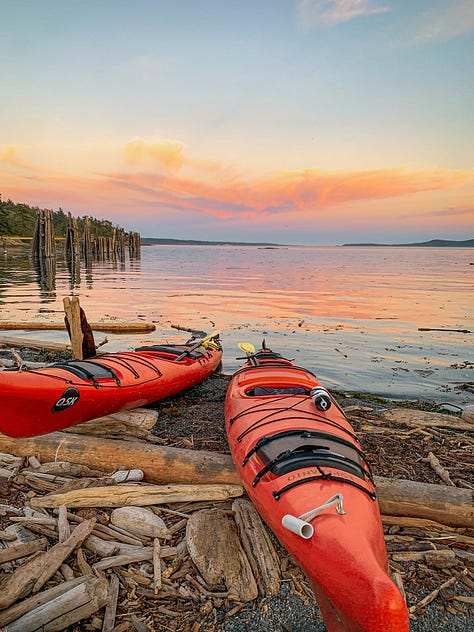
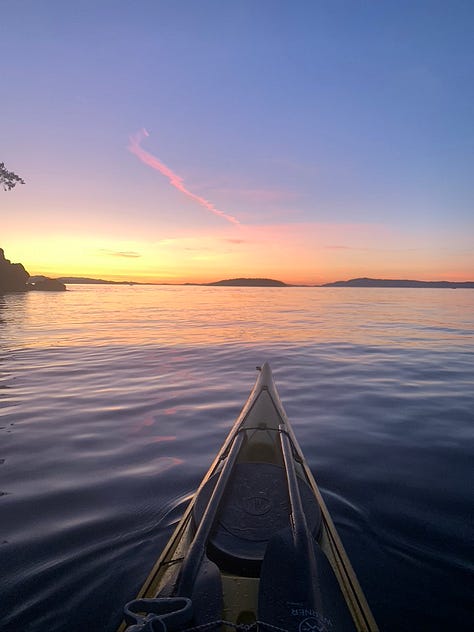
This summer past, I finished up my fourth summer as a coastal kayaking guide, spending more days sleeping in tents on islands under the Milky Way and kayaking with bioluminescence than anywhere else.
One of my favorite trips was a group of six women in their mid-fifties. We sat together at dinner and talked and talked— usually I give my story in bits and pieces, often edited down— strangers want the cliffnotes of your life, not the novel. But they asked so I told, and I liked them. When I’d finished they smiled.
“How old are you again?”
“I’m 27.”
“You’ve done a lot of living. Your mom must be proud.”
My favorite time in Armenia was November. I woke up in the morning to watch the snow creep down the mountain, painted pink in the morning sun. We had chickens in the garden out back, a rooster that called at four am every morning. We killed and ate the rooster the night before I was sent back to America. Some kind of vindictive symmetry.
I woke up in the morning and made a big cup of Armenian coffee, the type with the grounds in the bottom, and smeared honey and butter on bread while frost turned to fog on the windows. The house I lived in was Soviet style with cement floors and green paint on the walls. There was a flush toilet and hot water most of the time, and heat in the rooms in the winter. No air; the summers were hot.
I would eat my toast and honey bread with my host sister, chatting about Billie Eillish or Stranger Things, her favorite TV show. My host mom and I would walk to school together— she taught Russian, and I worked with the English teachers.
I would jog in the evenings, up into the foothills past apricot farms and up to where the shepherds lived. I would pause to chat with the same tatiks, or grandmas, every week. They would joke that there better be a bear chasing me, running like that. They told the same joke every time, unsure that me and my American mouth had understood. I met people who lived in the mountains herding sheep all their lives, and teachers in villages, and young girls with dreams of college in America.
I learned how to sew up a mattress, and dry and pickle food for the winter. In the summer when it was hot we would fling open all the windows, waiting patiently for afternoon storms to tumble down from the mountains. When something broke you fixed it. If you out grew clothes, you brought them to the neighbors. Last nights dinner was todays lunch, but with more bread. At three pm or four, you set aside everything to have a small cup of coffee and candy with your neighbors and trade gossip.
In some ways people lived with less, but people had enough, which is far more important.
When I came back to America, standing nervous in a Rite Aid with a mask on, rows on rows of mascara and shampoo and things people will throw away half-empty, Amazon Prime right to your doorstep, Uber eats then throw away the rest, white walls and fluorescent lights, all of the rules of how your supposed to live— I spent a few months with my stomach in a knot.
That was my first experience with reverse culture shock— without Armenia I would’ve never learned to look at American culture from the outside in.
My second experience with reverse culture shock was last summer, returning from 70 straight days of sea kayaking the British Columbia Coast.
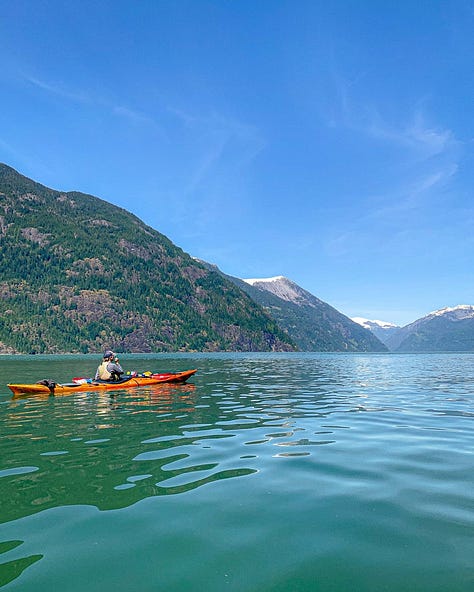


Trekking in the wilderness, via kayak, your own feet, long-term is to enter a completely different plane of existence. Every morning, you wake up with the sun. A guide I worked with once called it “earth time”.
Wake up with the light, pack the inside of your tent. Breakfast, then pack the boats. Paddle, past waterfalls, whales, up fjords. Make camp, eat, laugh, sleep, repeat. Your problems are immediate— find a campsite above the high tide line. Choose the best route for the current and wind forecast. You’ve got just yourself to trust, and the stress of the “real world” seems unimportant, unreal, invented. Real is the bear outside your tent wall. Real is the wind off the waterfalls in your face.
You can’t fit much in a sea kayak at roughly three times the volume of a backpacking bag, but you can certainly fit enough for several weeks at a time of paddling.
I spent two and a half months living with just what I could fit in a sea kayak, and when I returned to the American real world I felt the same thing I felt way I had felt when I returned from Armenia— alarmed by how flimsy the so-called real world felt, and very much aware of how my priorities and ethics did not match up with it.
I moved into an apartment in a suburb a few weeks ago, after a summer overnight guiding in the islands. It’s a nice place with a TV and a fireplace, and I really am happy to have a space like this again even if just for the winter, but I don’t think an apartment or a steady “normal” job will ever be enough for me again.
(and if you have a steady apartment and normal job that is awesome! I often spend nights envying that lifestyle, and this isn’t at all a ‘quit your job and travel’ message— just note on how i don’t think that is what i want anymore!)1
Enough, in the sense of the word that I want to experience the world in a way that a long-term lease doesn’t allow for.
In high school I thought I wanted to be a doctor or a lawyer or something that made me sound smart and successful. I pictured a big house with dark wood cabinets and nice wine on shelves and a big maple tree out front that turns red every fall. By my last year of college all I wanted was to live my life fully and experience as much as possible, because if not now the answer is probably never.
I don’t know where I’m going to be next summer, and I think that’s incredible.
Hi and thanks for reading! I’m writing to you from my cozy little desk in said apartment. I’ve got one of those crackle-style candles going, and it smells like my pumpkin spice tea.
I actually had my first pumpkin spice latte ever a few days ago, and I must say I do, in fact, get it. very delicious.
more things to check out:
this incredible piece by Jessica Defino with the quote “What if we take a minute to laugh at how hard we defend our right to want things when we can barely explain why we want them in the first place”. Primarily, this is a piece about branding and why we want things. If you liked some of the topics I danced around here— overconsumption in America namely, you’ll enjoy this read.
Recent guest writer essay by Steph Gregerson on visiting Namibia
Looking to buy a tent? I’ve put together a buyer’s guide based on years of experience paddling & guiding!
On a somewhat related note, I get a lot of requests to help pick the right backpack/kayak/ect for you! I (perhaps obviously) can’t always answer what is best for you personally, but here’s the list of all the gear I own and use, and why I do (or don’t) like it!
I did not realize people were so amped up about people who are full-time freelancers travelling making videos about quitting your job to travel full time!! This is something that has come up, repeatedly for me recently— people with 9-5s taking the “well not everyone can quit their job to travel” stance. Of course not everyone can quit their job to travel?? Me posting a video about how I had a beautiful summer of seasonal work doesn’t mean you should quit your job and become a seasonal worker? I’m once again, begging begging begging people!! when the internet makes you that mad, just log off! feeling pressured by or jealous of strangers on instagram reels to quit your job and travel is an issue that exists only in your phone, and apps like instagram are designed to profit off your rage.


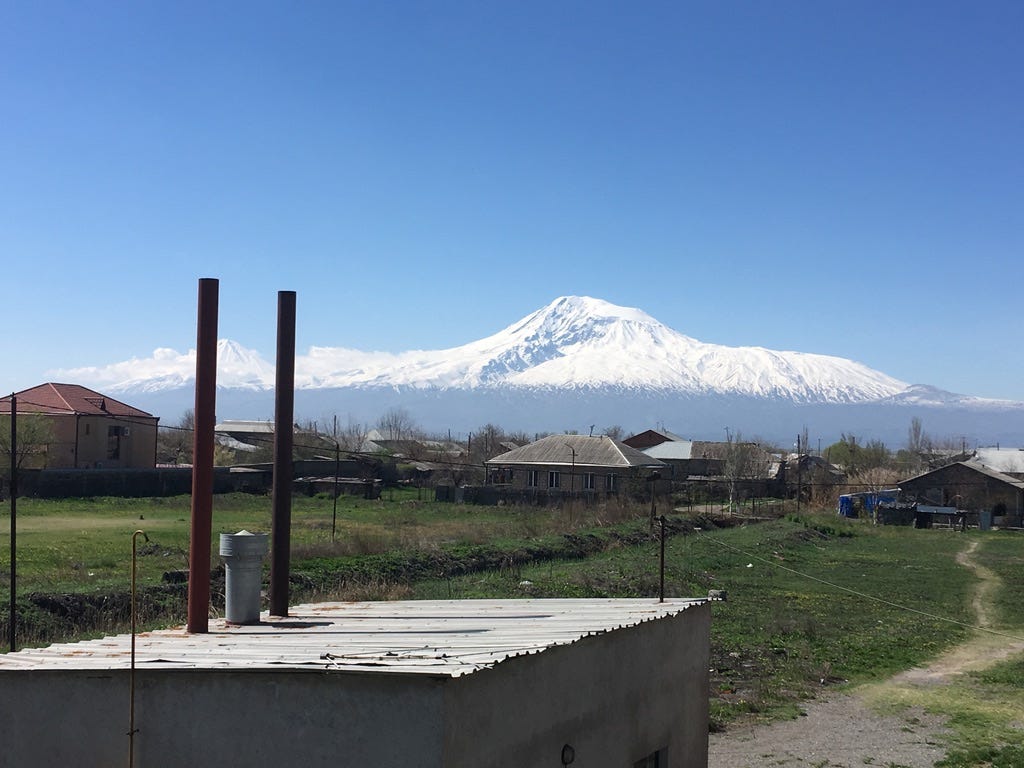

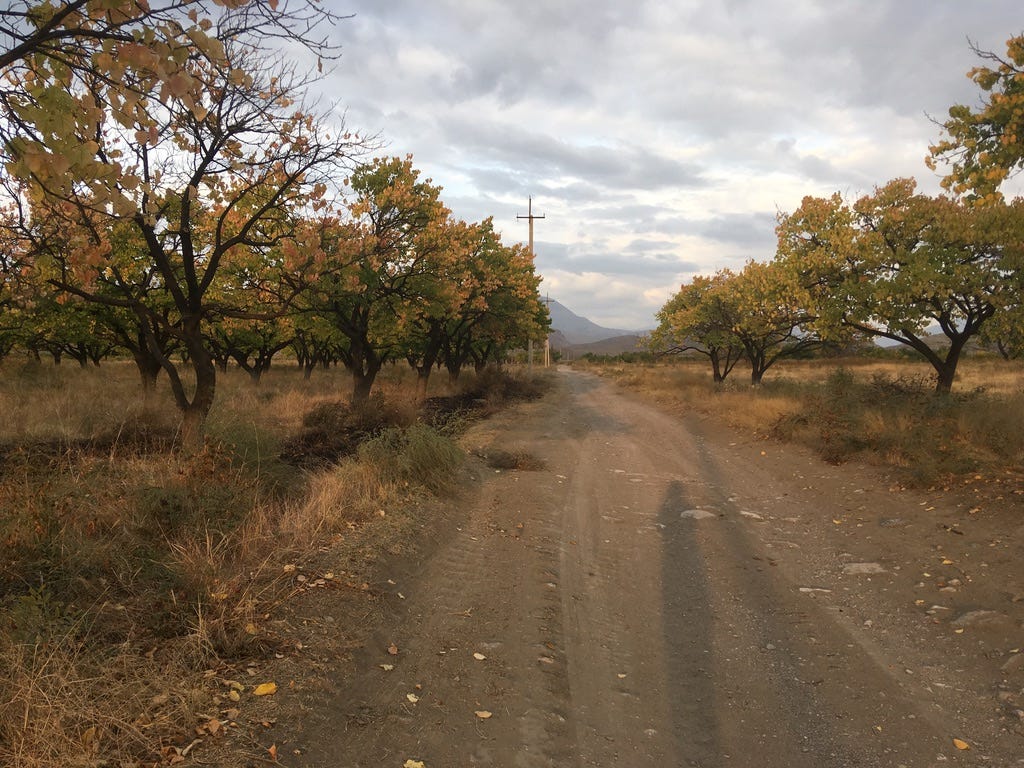
I’ve spent the last 40 years or so working around the world, and generally not in nice offices and western accommodations. A majority of American citizens have no idea how much luxury they live in. I ‘ve given up trying to give people an idea of how basic life is in rural Nigeria, Angola, Indonesia, Kazakhstan, etc. is, and how much of what we think of as necessary just isn’t.
Most people who say they wish they could quit their jobs and do seasonal work would last about a week away from their convenient regular existence. I don’t have your guiding experience, only a couple of summers in the boundary waters, but it was the most fun I ever had at work, keep doing it as long as you can!
It’s always a pleasure to read your posts.
As someone who lives on a small sailboat and is traveling the world in this simple and often difficult way, I feel this. Our lives are spent in remote wilderness or visiting small villages through Central America, and our problems are (mostly) all here and now (weather, wind, swell, storms, etc), and every time we come back to the states to visit it is full on culture shock over the sheer abundance and availability and endless options, and everything in daily life (hot water, potable tap water, flush toilets, etc) that everyone mostly takes for granted. Definitely relate to this one, thank you for sharing!